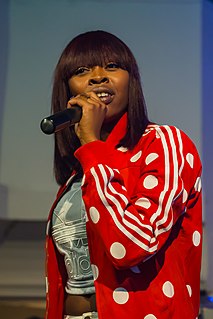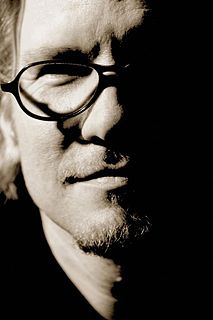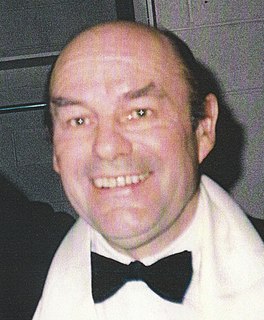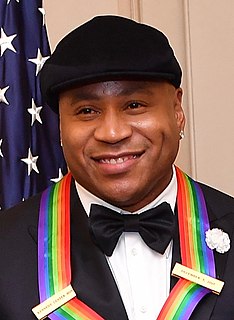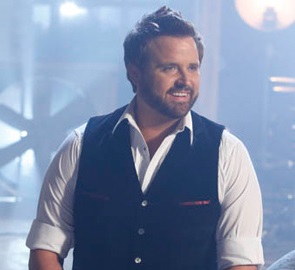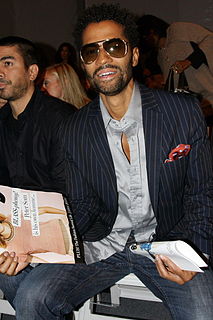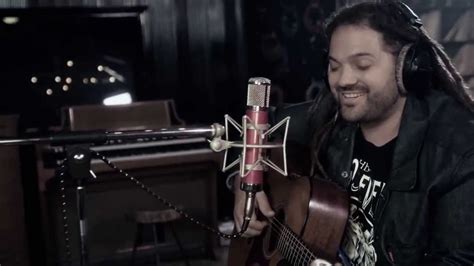A Quote by Seungri
I put in the sounds of instruments such as the guitar and piano, which everybody hears often, and tried to go with melodies that would sound familiar. Rather than trying to do music that I want to do, I focused on doing music that I want my fans to hear.
Related Quotes
I put a lot of work into my mixtapes, and I want everybody to understand I am doing this genuinely. I don't even want to be paid for this; I just want you all to hear my music and appreciate it. I think it brings me closer to my fans because they know I'm doing this for them and not just to get the bucks.
I started piano lessons at age six but didn't take music seriously until I was a teenager, when I thought about a career in music. I studied classical music, and my instruments were guitar and piano. I played keyboards in bands, and after high school I went to Vienna to study at the Academy of Music. I also became a session player, which culminated in my work with Tangerine Dream.
I always liked the steel guitar. I also love the guys that play the bottleneck. But I could never do it; I never made it do what I want. So every time I would pick up the guitar, I'd shake my hand and trill it a bit. For some strange reason my ears would say to me that sounds similar to what those guys were doing. I can't pick up the guitar now without doing it. So that's how I got into making my sound. It was nothing pretty. Just trying to please myself. I heard that sound.
Booker T. Jones sounds more pithy and forceful than ever on “Potato Hole”…Mr. Jones still jabs terse, unhurried melodies that sound as if he knows the lyrics but would never tell. Where the M.G.’s suavely underplayed their aggression, the rockers’ multiple-guitar attack, with distortion and feedback, gives the music teeth.
The music defied classification. If I had been writing a review of the show, I would have labeled it progressive, guitar-driven rock ’n’ roll. But the guitars made sounds guitars didn’t always make. Symphonic sounds. Sacred sounds. The music dug in so deep you didn’t hear it so much as feel it, reminding me of a dream I used to have when I was a kid, where I would be standing on a street corner, I would jump into the air, flap my arms, and soar up into the sky. That’s the only way I could describe the music. It was the sonic equivalent of flight.
I like playing at public schools. I like when there's more of a diverse audience. I'll play wherever people want to hear my music, and I'll be glad and grateful for the opportunity, but I'd rather not play for a bunch of white privileged kids. I'm not meaning that in a disrespectful way; you go where people want to hear your music. So if that's where people want to hear me play, I'm glad to play for them. But I'd rather play for an audience where half of them were not into it than one where all of them were pretending to be into it, for fear of being uncultured.
When you're listening to radio and hear the same 20 songs over and over and over, you want a break from it. Sometimes you don't want to hear something that sounds just like everything else on the radio. Eventually, if you hear the same sounds and the same musicians and the same mixes and all of that, it will start to sound like elevator music.
I brought the music out to L.A., and the producer Tommy LaPuma heard it and he said - "Man, I love it. Let's do it. Let's record it." I said, "Okay, where's the band?" He said, "We don't have a band. We want it to sound exactly like your demo." I said, "Well, I played all the instruments on the demo." You do that when you're making demos. You got your guitar, you got your sax. He said, "Well, I want it to sound just like that, so get all your instruments out here." So I ended up playing all the instruments.
If I want to be moved by the track, I don't want it to be sequenced, I want it to be somebody playing the guitar or piano or a horn arrangement where you can hear the breath. You can almost smell the studio while listening to the music. For me, that's what moves me emotionally, that's what I came from. I think that's always going to work best for me.
I think all of us would agree that a lot of Christian radio sounds the same. A lot of music that comes out of Nashville kind of has a little bit of the same vibe. Because I don't live in Nashville, I surround myself with a culture and an influence that's outside that bubble. So when the church hears it, it's refreshing, and when the world hears it, it sounds like something they want to listen to.

